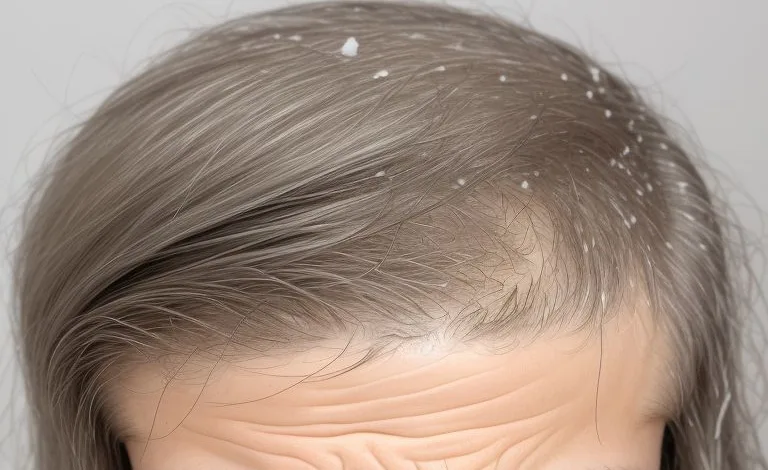

Natural Remedies for Extremely Dry Scalp Relief
Are you tired of dealing with an extremely dry scalp that’s causing you to have itchy and flaky patches of skin? Dry scalp can be quite irritating, but the good news is that it can be easily treated with natural remedies.

Why Does It Occur?
Dry scalp occurs when the scalp has inadequate oil. This may be due to hormonal changes, seborrheic dermatitis, or dehydration. Extreme weather conditions—cold winters and hot summers—can contribute to the problem as well.

What Can You Do?
If you’re tired of dealing with an extremely dry scalp, there are several natural remedies that can provide relief. Coconut oil, aloe vera, apple cider vinegar, honey, and lemon juice are all effective options to consider.
Coconut oil is an excellent moisturizer that can help to keep your scalp hydrated and prevent further dryness. Simply massage a small amount onto your scalp, leave it on for 20 minutes, and then rinse it off with a mild shampoo.
Aloe vera is another great natural moisturizer that is full of antioxidants that can help restore your scalp’s health. You can apply aloe vera directly onto your scalp or combine it with other ingredients to make a mask.
Apple cider vinegar can help to restore your scalp’s pH balance, which can help to prevent further dryness. Mix one part apple cider vinegar with two parts water, massage it onto your scalp, and leave it on for 10 minutes before rinsing it off.
Honey is an excellent moisturizer that can help to reduce itching and flaking. Apply raw honey onto your scalp and leave it on for 20 minutes before rinsing off.
Lemon juice is another great natural remedy for a dry scalp. The citric acid in the lemon helps to stimulate the scalp, while vitamin C helps to nourish it. Massage a few drops of freshly-squeezed lemon juice onto your scalp and leave it on for 10 minutes before rinsing it off.
Reduce your use of styling products If you have a dry scalp, it’s best to limit your use of styling products such as hairspray, gel, or mousse. These products can build up on your scalp and cause irritation.
Try a scalp massage: Massaging your scalp can increase blood flow and promote healthy oil production. Use your fingertips to massage your scalp in a circular motion for a few minutes each day.
Eat a healthy diet: Eating a diet rich in omega-3 fatty acids, zinc, and vitamin B can help to promote healthy skin and scalp. Foods that are high in these nutrients include salmon, walnuts, spinach, and eggs.
Avoid harsh chemical treatments: Avoid using chemical treatments on your hair, such as bleach or permanent dyes. These treatments can damage your scalp and cause dryness.
Consider using a scalp cream or ointment: If your dry scalp is causing dandruff or itchiness, consider using a scalp cream or ointment that contains ingredients such as salicylic acid, coal tar, or ketoconazole.
While these natural remedies can help to reduce the dryness and itchy patches on your scalp, it’s important to note that their effectiveness will vary from person to person. If these remedies don’t help, don’t hesitate to seek the advice of a doctor or dermatologist.
In addition to trying these natural remedies, there are other steps you can take to help alleviate an extremely dry scalp. Reducing your use of harsh hair products, using a gentle shampoo, and avoiding hot water when washing your hair can all help to prevent further dryness.
If your dry scalp is caused by dandruff or psoriasis, there are specific treatments available that can help. Shampoos that contain salicylic acid, coal tar, or ketoconazole can help to reduce flaking and itching.

An extremely dry scalp can be uncomfortable and unsightly, but there are several natural remedies that can provide relief. Coconut oil, aloe vera, apple cider vinegar, honey, and lemon juice are all effective options to consider. By trying these remedies and taking steps to prevent further dryness, you can say goodbye to an itchy, flaky scalp and hello to healthy, hydrated skin.



